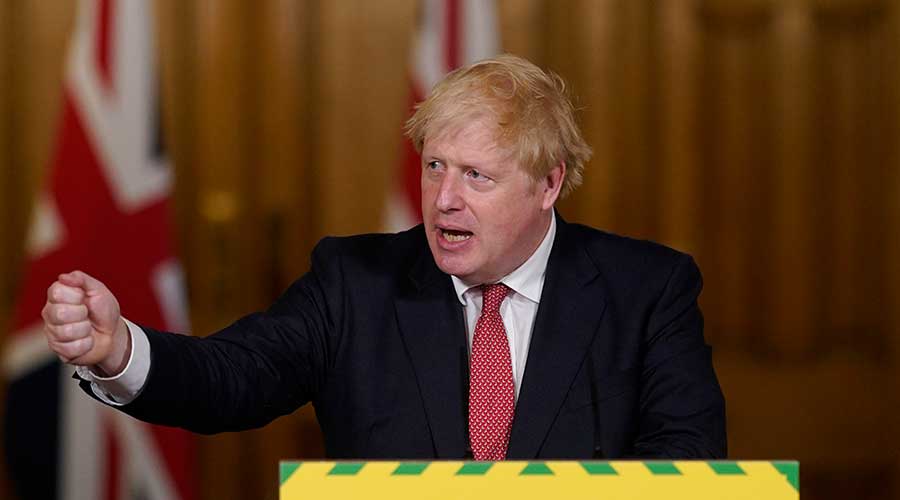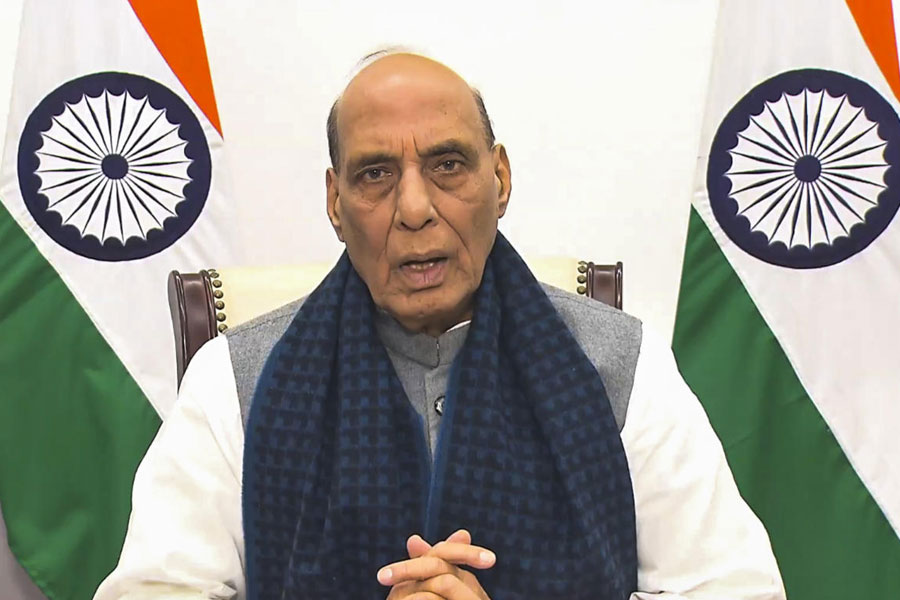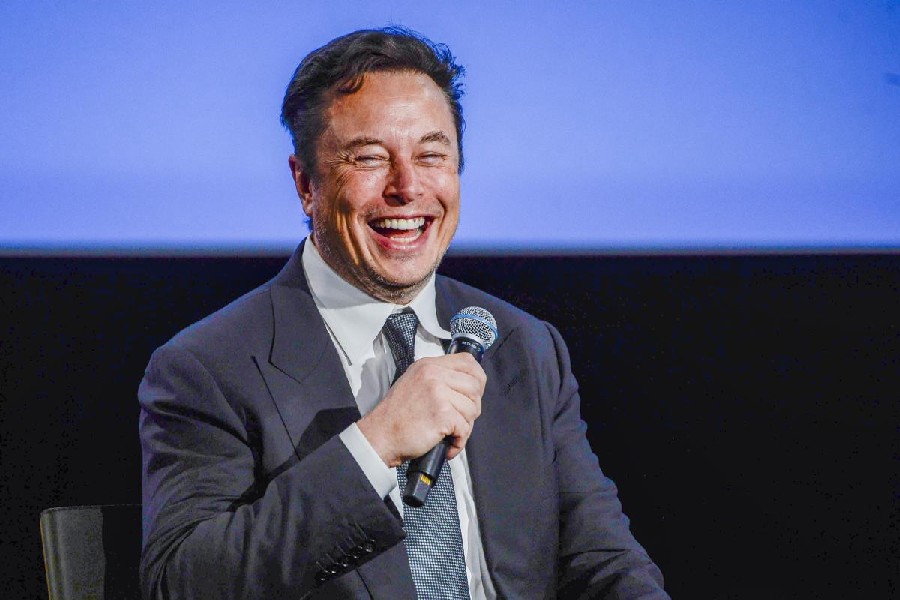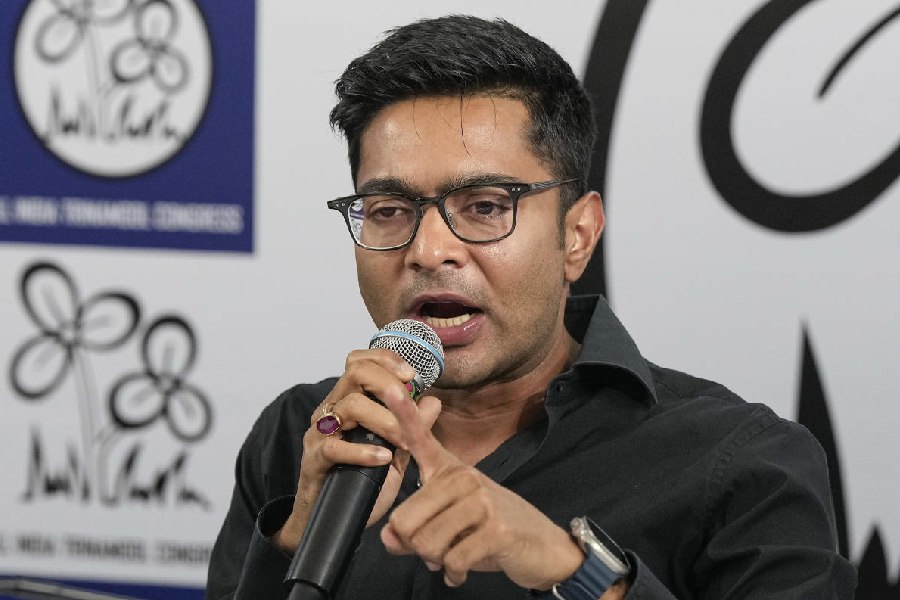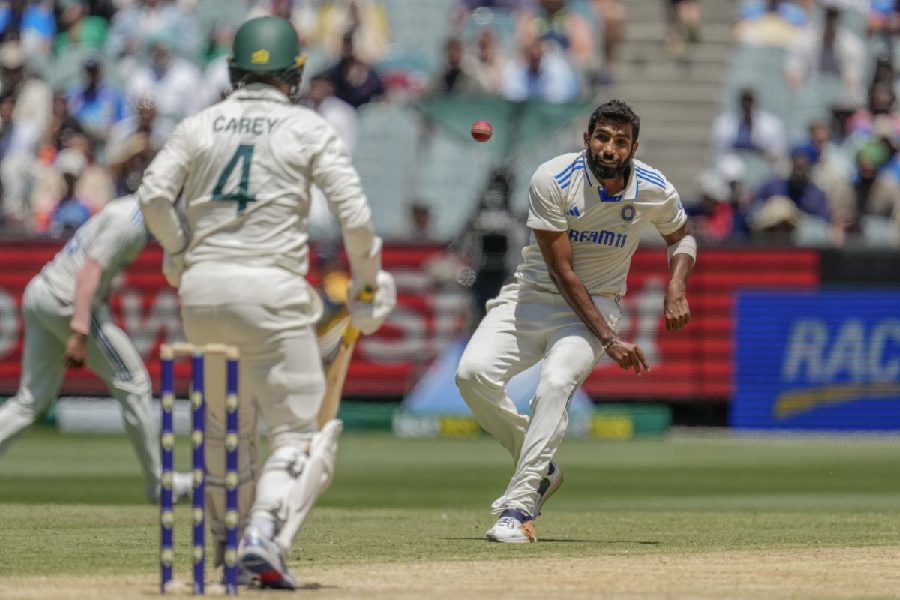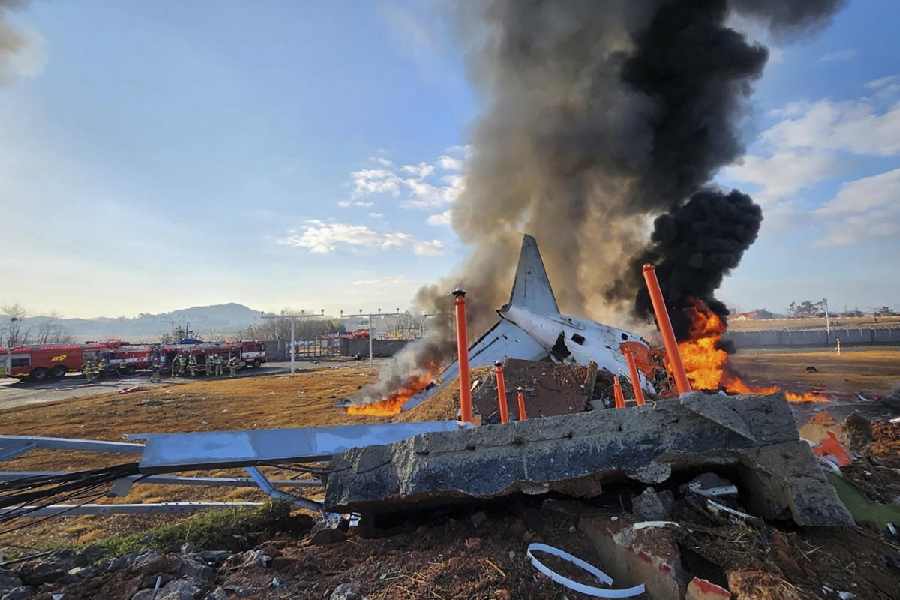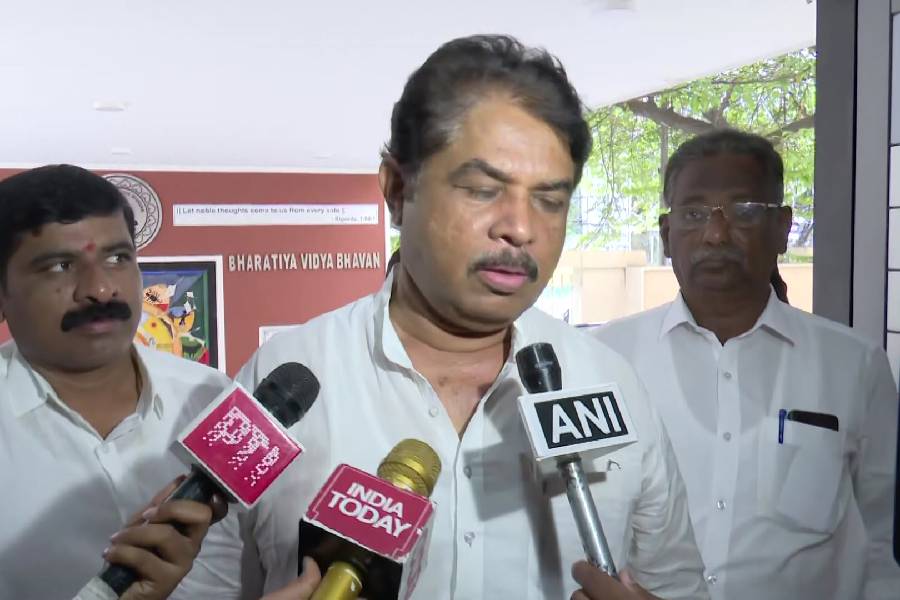Leaders in other parts of the world will be nervously following developments in Britain where Boris Johnson has announced there will be a full and searching public inquiry into how his government handled the Covid-19 pandemic.
It cannot be Boris is the only Prime Minister who stands accused of being responsible for heavy loss of life during the pandemic.
The charge against Boris is that thousands of lives could have been saved if only he had not been so slow to impose a lockdown early last year.
On Wednesday, as Boris told the Commons about the inquiry — this will begin taking evidence in spring next year — the official death toll stood at 127,629.
The true figure is reckoned to be higher – about 150,000 – when “excess deaths”, compared with the average for the year, are taken into account. But in Britain, there would be outrage if the figures were fiddled, suppressed or simply not given — as happens in some other countries.
Although the government’s vaccination programme is going very well, Boris also informed members of parliament of his “increasing concern” about the Indian double mutant.
The Prime Minister was asked by one MP whether most of Bolton could be vaccinated “ASAP” as the area had shown a high prevalence of the Indian variants and one of the highest infection rates in the country.
It follows calls from the recently re-elected mayor of Greater Manchester, Andy Burnham, for everyone over the age of 16 in the region to get a vaccine to curb the spread of the Indian variant.
Boris said the Indian variant — B.1.617.2 — may be “considerably more transmissible” and the government was looking at all the potential solutions for the surges being seen in Bolton and elsewhere. Widening the vaccination programme was one option, although “that’s not top of the list at the moment”.
Political commentators pointed out that Boris cannot really be punished for the pandemic because the inquiry is likely to report after the next general election in 2024. He is also scrapping the fixed term parliament act so he can call a general election in 2023.
Boris told the Commons: “Amid such tragedy the state has an obligation to examine its actions as rigorously and as candidly as possible, and to learn every lesson for the future — which is why I’ve always said when the time is right there should be a full and independent inquiry.
“So, I can confirm today that the government will establish an independent public inquiry on a statutory basis, with full powers under the Inquiries Act 2005 — including the ability to compel the production of all relevant materials and take oral evidence in public under oath.”
He promised there would be no cover up: “This process will place the state’s actions under the microscope and we should be mindful of the scale of that undertaking and the resources required to do it properly.”

